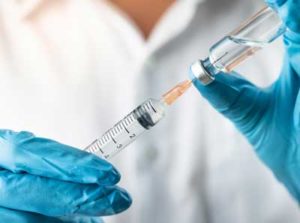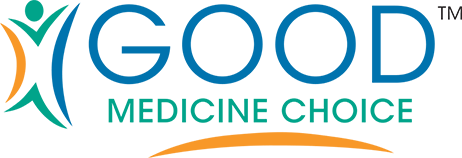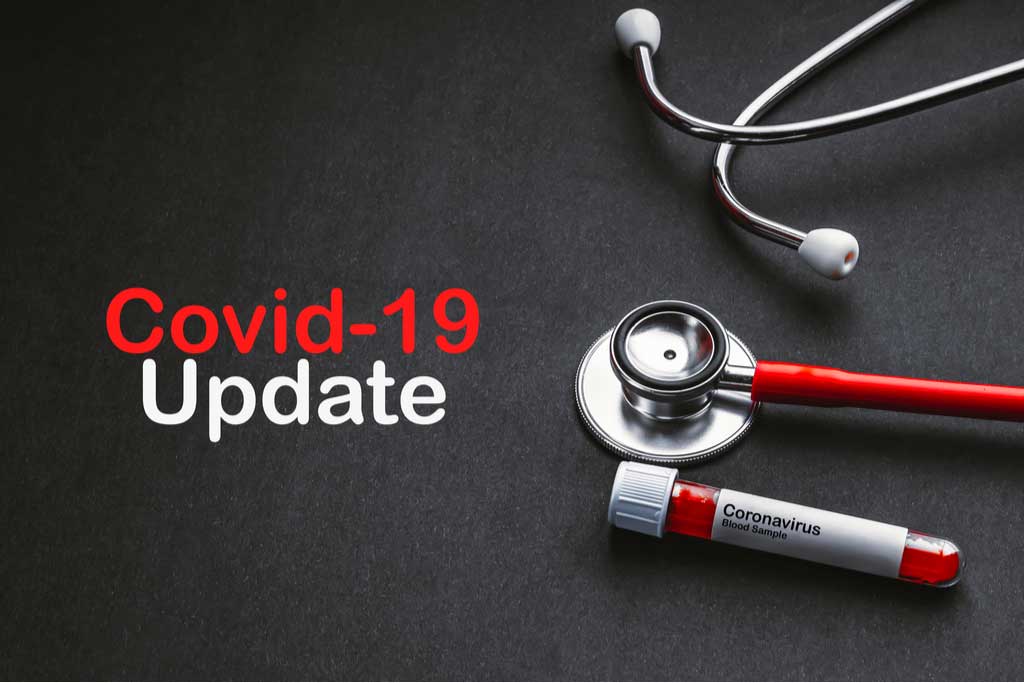The U.S. Food & Drug Administration (FDA) recently authorized the use of anti-viral drug remdesivirremdesivir Remdesivir (development code GS-5734) is a novel antiviral drug in the class of nucleotide analogs. Remdesivir is an adenosine analogue, which incorporates into nascent viral RNA chains and causes their pre-mature termination. It was developed by Gilead Sciences as a treatment for Ebola virus disease and Marburg virus infections, though it subsequently was found to show antiviral activity against other single stranded RNA viruses such as respiratory syncytial virus, Junin virus, Lassa fever virus, Nipah virus, Hendra virus, and the coronaviruses (including MERS and SARS viruses).
A treatment might be given an emergency use authorization (EUA) if there are no FDA-approved alternatives to treat a serious or life-threatening medical condition. Developed by biopharmaceutical company Gilead Sciences in the United States, remdesivir is the first treatment to show even a minimal effect on treating COVID-19. Early data suggests remdesivir can shorten recovery time by three days in hospitalized patients.
Remdesivir is not FDA-approved for any medical condition. Remdesivir was originally developed as a possible treatment for Hepatitis C and investigated as a treatment for another deadly viral disease, EbolaEbola Ebo·la | \ ē-ˈbō-lə an infectious and frequently fatal disease marked by fever and severe internal bleeding, spread through contact with infected body fluids by a filovirus ( Ebola virus ), whose normal host species is unknown. Humans may spread the virus to other humans through contact with bodily fluids such as blood. Initial symptoms include fever, headache, muscle pain, and chills. Later, a person may experience internal bleeding resulting in vomiting or coughing blood. Treatment is supportive hospital care..
Global Clinical Trials of Remdesivir to Treat COVID-19
Remdesivir is currently being studied in at least five different clinical trials worldwide. The drug is believed to decrease viral RNA production in COVID-19 disease, thus limiting replication and proliferation of the infectioninfection in·fec·tion | \ in-ˈfek-shən a : the state produced by the establishment of one or more pathogenic agents (such as a bacteria, protozoans, or viruses) in or on the body of a suitable host b : a disease resulting from infection.

NIAID ended the trial on remdesivir this month and started giving remdesivir to patients who had been assigned to receive a placebo in the study. The decision, which limits researchers’ ability to collect more data about whether the drug saves lives, was made after 8% of the participants given remdesivir died, compared with 11.6% of the placebo group.
Scientists Work Toward Developing Better COVID-19 Treatments
Thomas J. Lewis, PhD., a research scientist and principal of Good Medicine ChoiceTM, Inc. (GMC), said the pursuit for better treatments for COVID-19 is far from over. GMC practitioners Lewis, Mikhail Artamonov, MD; and Michael Carter, MD; have spent the last three months at the forefront of efforts to fight the coronaviruscoronavirus co·ro·na·vi·rus : any of a family (Coronaviridae) of single-stranded RNA viruses that have a lipid envelope studded with club-shaped projections, infect birds and many mammals including humans, and include the causative agents of MERS, SARS, and COVID-19 pandemicpandemic (pan·dem·ic) : an outbreak of a disease that occurs over a wide geographic area and affects an exceptionally high proportion of the population : a pandemic outbreak of a disease.. The medical collaborative is currently leading a six-month research study into Cytokine Storms resulting from COVID-19 disease.
“This drug is not a silver bullet, leading to statistically significant improvement in only a very limited subset of infected patients and ‘high mortality’ for those taking it, but it is progress,” Lewis said. “It is safe, and better than any other drugs currently out there for COVID-19, but we must continue to work on developing better treatments.”
Drs. Lewis and Artamonov posited that, as a preventative measure, lowering your cytokine markers, which are measured through blood testing, will be a superior treatment to any drug treatment.
“A broad-based data set from Italy, Korea and China show that healthy people have very low mortality and infrequent severe symptoms from COVID-19. People with poor physical health are going to be vulnerable either from the side effects of the drug or the impact of the disease.
“At the end of the day, the medical field tends to want to be reactive for treatment of disease. It’s our mission to replace the current ‘sick care’ standard-of-care approach with a true ‘health care’ approach,” Lewis said.
In addition to its COVID-19 research, GMC has introduced a variety of doctor-approved supplements and health products that support a healthy immune balance. Visit GoodMedicineChoiceNetwork/Shop/ to order. The company is donating 10% of profits from product sales to Advocates for Disabled Americans, Veterans, Police, Fireman & Families (ADA VETs), an organization working closely with families of disabled veterans and first responders.
NIAID Investigating Remdesivir Plus Anti-Inflammatory Drug Baricitinib
NIAID, part of the National Institutes of Health, is sponsoring an investigational trial of remdesivir plus the anti-inflammatory drug baricitinib. An overactive immune systemimmune system : the bodily system that protects the body from foreign substances, cells, and tissues by producing the immune response and that includes especially the thymus, spleen, lymph nodes, special deposits of lymphoid tissue (as in the gastrointestinal tract and bone marrow), macrophages, lymphocytes including the B cells and T cells, and antibodies. triggering an inflammatory response causing overproduction of cytokines (cytokine storm response or CSS) is an area of research into the sickest of patients infected with coronavirus. The anti-viral and anti-inflammatory combination is expected to be trialed at approximately 100 U.S. and international sites. Investigators anticipate enrolling more than 1,000 hospitalized coronavirus patients. Find out the top anti-inflammatory foods for immune system balance.
Remdesivir clinical trials found that the drug only significantly helped patients who needed supplemental oxygen. There was no marked benefit for patients who were healthier or those that were sicker, requiring a ventilatorventilator ven·ti·la·tor | \ ˈven-tə-ˌlā-tər : a machine that provides mechanical ventilation by moving breathable air into and out of the lungs, to deliver breaths to a patient who is physically unable to breathe, or breathing insufficiently. or heart-lung bypass machine. The study goes on to warn that “given high mortality despite the use of Remdesivir, it is clear that treatment with an antiviral drug alone is not likely to be sufficient.”


No comments yet. Be the first one to leave a thought.